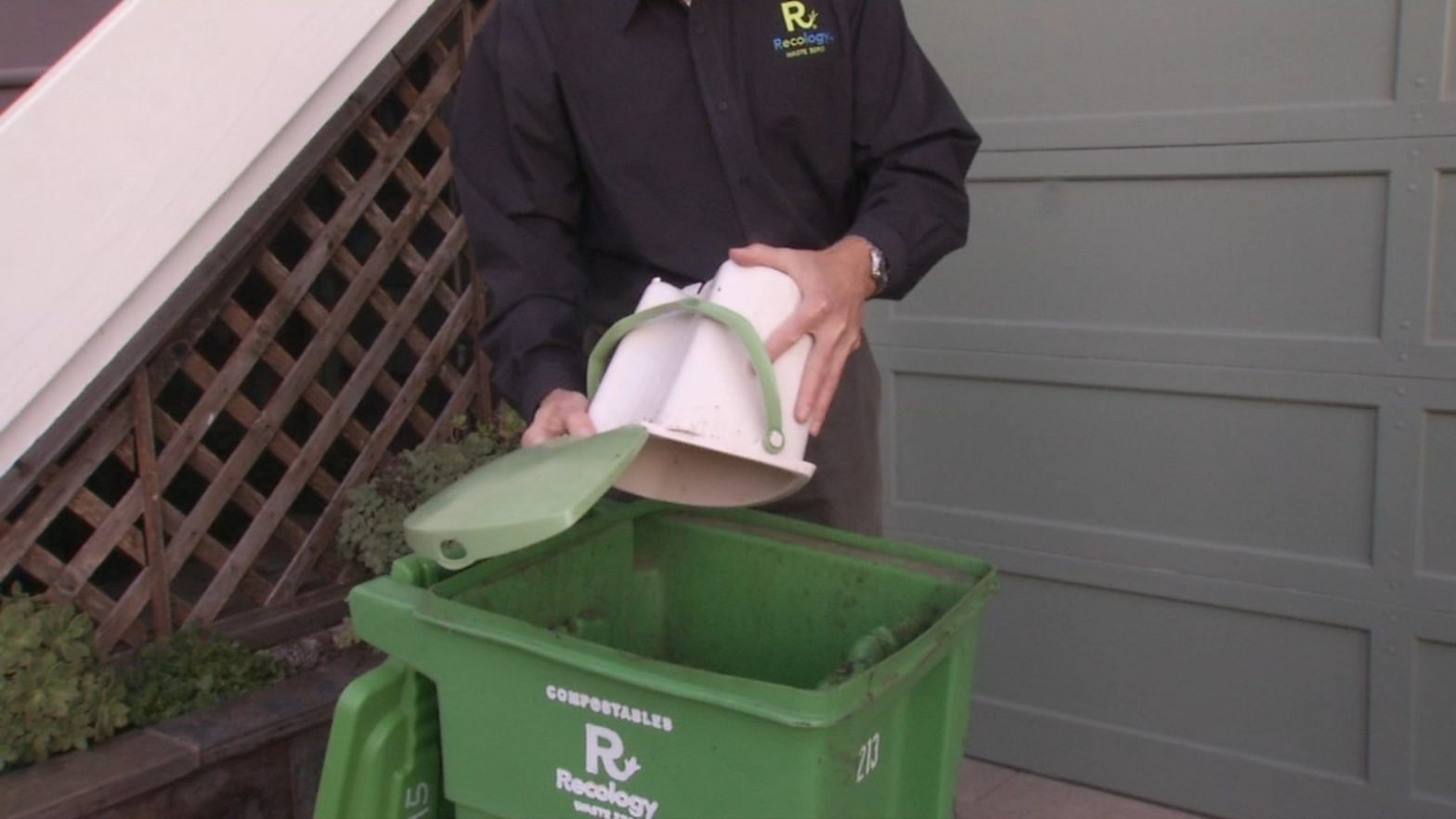On Jan. 1, a new law came into effect that requires all people and businesses to separate things like leftover food and kitchen scraps from the rest of their trash.
It’s a process called composting.
And Robert Reed, who works for waste management company Recology says, it’s the biggest change to trash since in decades.
RELATED: Sunnyvale residents turning food scraps into eco-friendly products
The idea behind it is to keep perishable waste out of places like landfills, and instead turn them into a new recycled material that helps offset climate change.
“It’s going to keep millions of tons of materials out of landfills. Reduce methane emissions. Methane is a potent greenhouse gas,” Reed said.
The new law will roll out gradually and will be implemented at different times over the next two years depending on what city or county you live in.
But by 2024, the state will begin imposing fines on those who fail to do it correctly.
RELATED: Simple tips to start composting at home
“It requires cities and counties throughout the state to reduce the amount of compostable material they send to landfills by 75%,” Reed said.
Reed says the cost of implementing such programs is about the same as those of traditional waste collection.
But warns the cost of not doing it far outweighs those of any new composting program.
“While there may be some additional costs, the benefits are tremendous,” Reed said.
Copyright © 2022 KGO-TV. All Rights Reserved.
